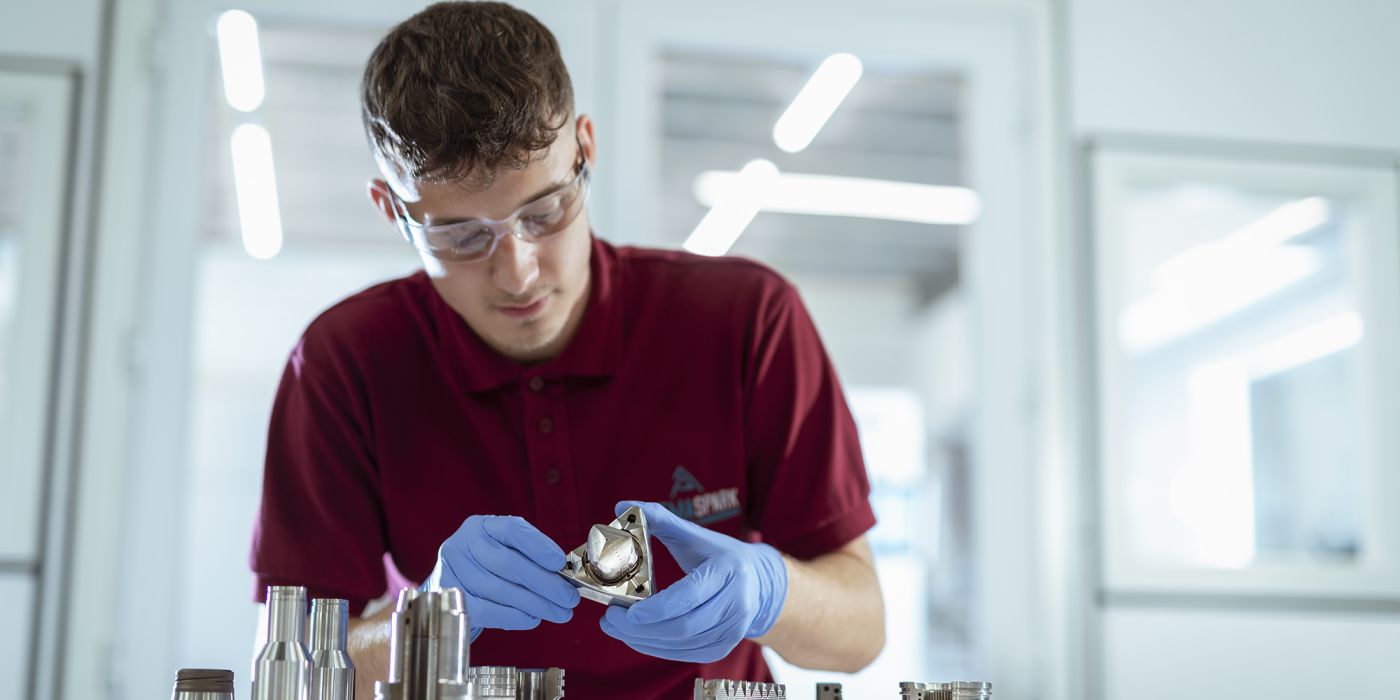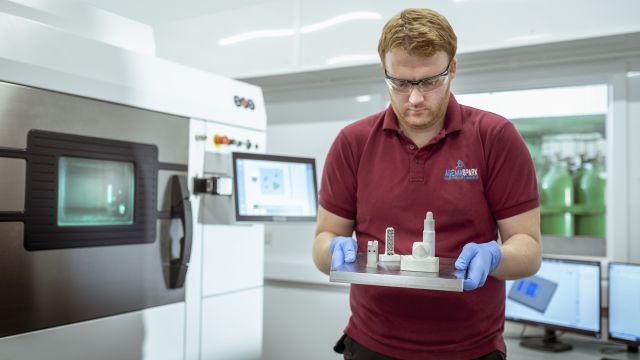
After the latest IPCC report urged action to stop global warming, Paul Stockhill, managing director at Doncaster precision engineering business Agemaspark, explains the role SMEs can play.
The latest report from the UN’s Intergovernmental Panel on Climate Change (IPCC) was a frightening if unsurprising read.
It confirmed what many of us have long known – as a society we need to make profound changes to prevent the worst impacts from climate change.
There has been a lot of talk about what individuals can do to reduce their carbon footprint, from flying less frequently to eating less red meat. There has also, understandably, been a focus on reducing our reliance on fossil fuels and finding greener alternatives.
But there is another, fundamental sector that drives our global economy and can make a huge impact in our bid to save the planet.
The potential role of SMEs
According to the World Bank, small and medium enterprises (SMEs) comprise 90 per cent of businesses around the world. They employ half of the global workforce.
SMEs are also often highly-innovative businesses. There is a necessity to problem-solve and research new solutions to compete with bigger competitors.
Yet SMEs are often overlooked as part of the solution to rising temperatures. We have significant impact on our local communities and wider economies, so why can’t we play a part in the battle against climate change?
The British plastics industry, to take just one example, has annual sales turnover of over £27 billion and employs approximately 182,000, according to the British Plastics Federation. While the additive manufacturing market is currently worth £12.6bn, and predicted to grow to £37bn by 2026.
These are big industries committed to research and innovation. By harnessing that innovation, it is possible to make small changes that promote sustainability. Combining lots of those small changes can have a big impact.
Small changes, big impact
SMEs can lead the way in taking small sustainable steps that add up to leaps towards more environmentally-friendly practices.
At Agemaspark, we are continuously assessing our green credentials and looking for ways to reduce our environmental impact.
In September, after several years of development and trials, we implemented a revolutionary 3D metal printing technique that reduces our environmental impact and that of our customers.
The technique dramatically reduces cycle times for multi-impression mould tools, delivering the highly efficient advanced manufacturing process through a conformal cooling technique. Using this method, the efficiency of a mould is improved by as much as 20 per cent, saving a big amount of energy.
This is only one example and of course it isn’t enough on its own. But it does demonstrate the potential of SMEs to develop energy-saving practices and processes.
By making seemingly-small changes now, we will see the environmental benefits in the long term.
If SMEs all put a greater focus on sustainable technology, we can collectively all play a part in the fight against climate change.
